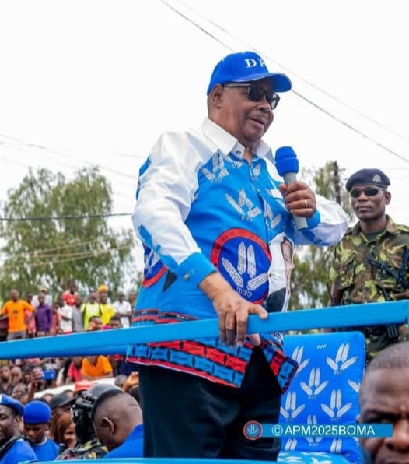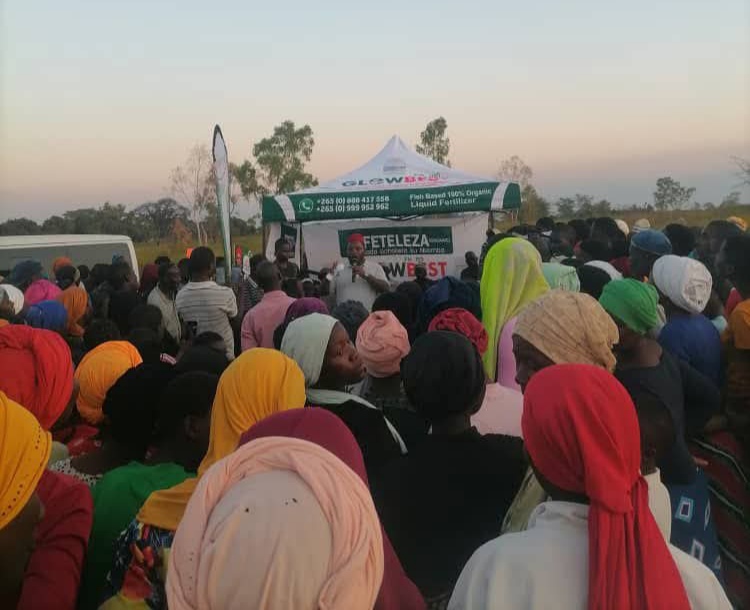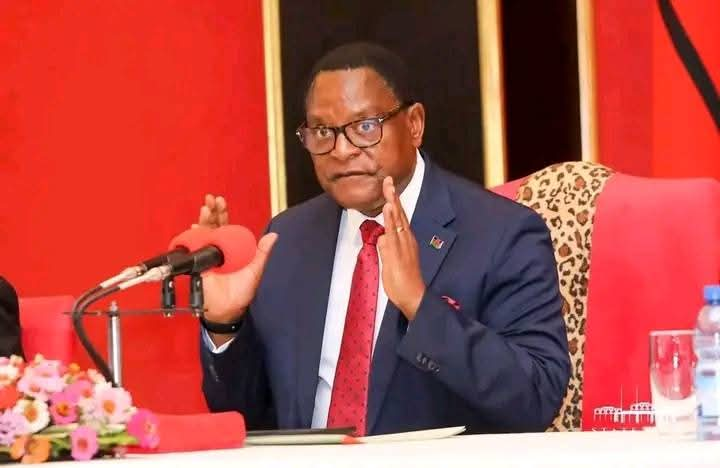By Burnett Munthali
Former President Arthur Peter Mutharika has taken a significant lead in an online public opinion poll conducted by Malawi 24, a widely followed digital news publication.
The poll, which seeks to gauge public sentiment ahead of the 2025 presidential elections, has been live for only three hours, yet the results already indicate a strong preference for Mutharika over the incumbent, President Lazarus Chakwera.
As of the latest count, Mutharika has amassed 10,000 votes, more than doubling Chakwera’s 4,000 votes.
This early lead underscores a growing interest in the former president’s potential return to office, signaling shifting political tides as Malawi prepares for the next elections.
The overwhelming support for Mutharika in this online poll has sparked discussion among political analysts and citizens alike, with many questioning whether this could be a reflection of the actual voter sentiment across the country.
Mutharika, who served as Malawi’s president from 2014 to 2020, is widely credited by his supporters for overseeing economic growth, infrastructure development, and stability during his tenure.
Many of those backing him in this poll argue that his leadership was more effective in managing the economy compared to the current administration.
With the country currently facing rising inflation, high unemployment, and economic hardships, some Malawians see Mutharika as the best alternative to restore economic confidence and governance stability.
His strong performance in this poll suggests that a significant section of the population is either dissatisfied with the current government or nostalgic about Mutharika’s leadership.
Many social media users participating in discussions surrounding the poll have pointed to issues such as fuel shortages, corruption scandals, and high living costs as reasons why they would support Mutharika’s return to power.
Despite trailing in the poll, President Lazarus Chakwera’s supporters remain confident in his administration’s achievements.
They argue that his government has worked to strengthen democracy, attract international support, and implement long-term economic recovery strategies.
Chakwera’s backers also caution against using online polls as a direct reflection of nationwide voter sentiment, noting that digital platforms do not necessarily capture the views of rural voters, who make up a large portion of Malawi’s electorate.
Political commentators also point out that while online opinion polls generate conversations and influence political narratives, they do not always translate into actual election outcomes.
However, they do provide insight into which candidates have strong digital engagement and grassroots mobilization strategies ahead of the 2025 elections.
With the election still months away, online polls such as this one provide a snapshot of public perception, though they are not scientific measures of electoral success.
They offer candidates an opportunity to assess their strengths and weaknesses in terms of public engagement.
As voting in the Malawi 24 poll continues, all eyes will be on whether Mutharika maintains his lead or if Chakwera can close the gap.
Regardless of the final results, this poll has already set the tone for what is expected to be a highly competitive and closely watched presidential race in Malawi.



